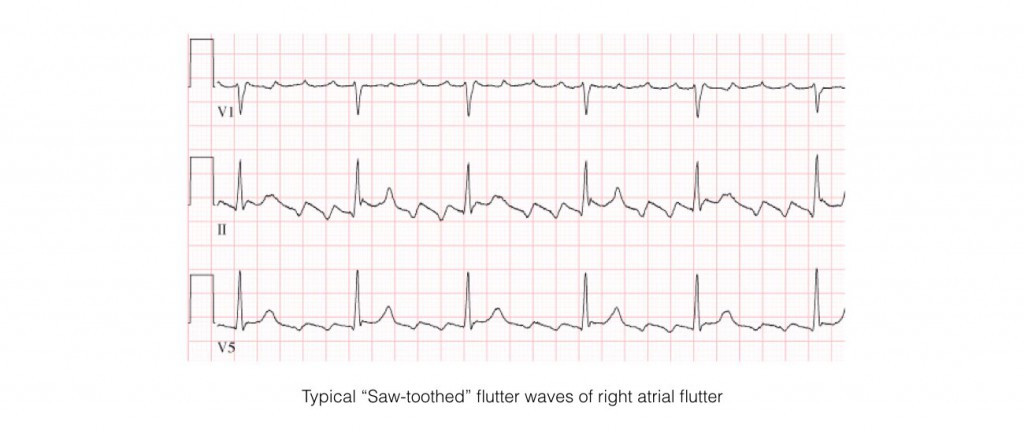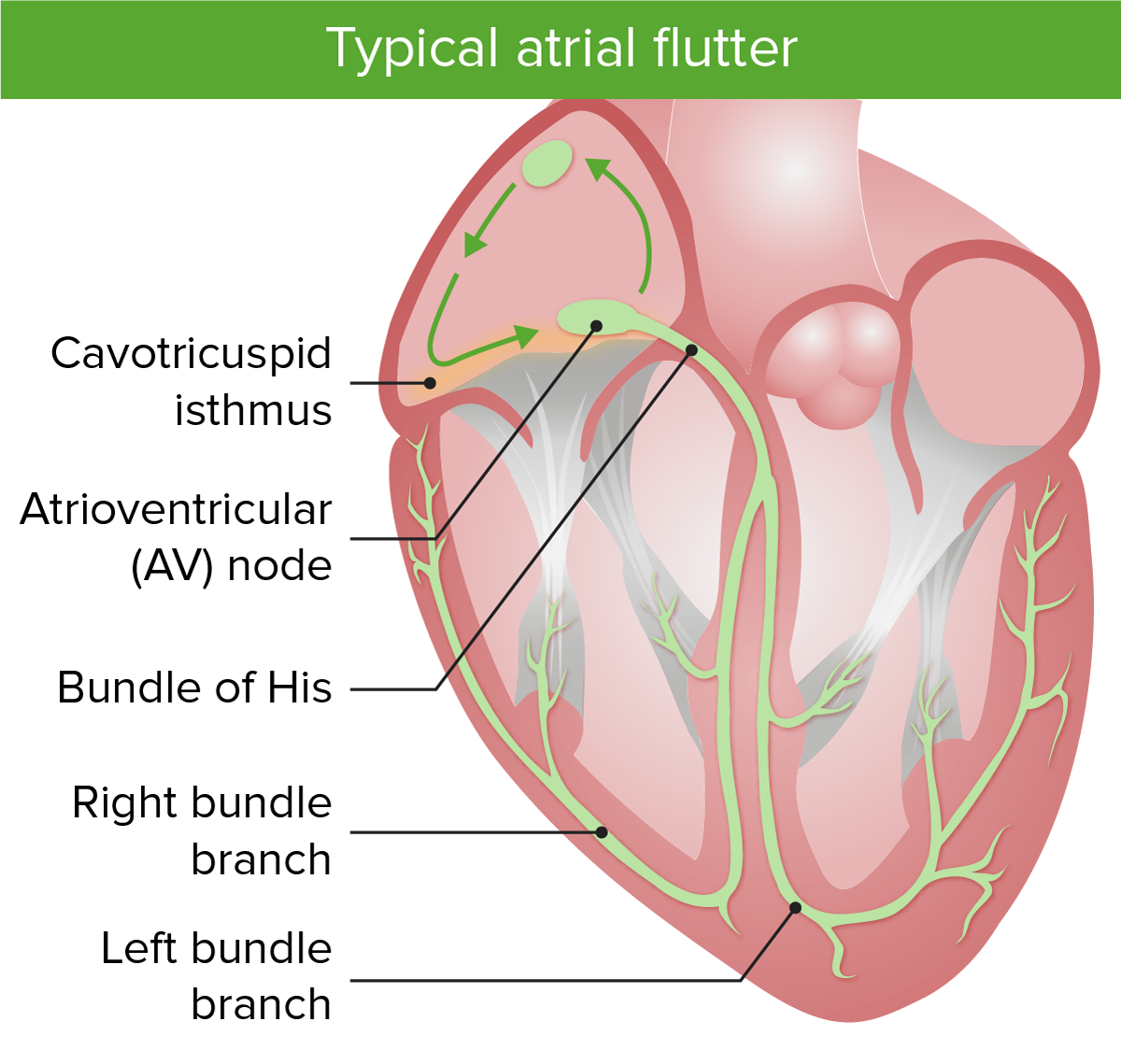
For most people with paroxysmal afib, ablating the pulmonary vein region terminates the afib. The greater the severity of atrial fibrillation, the harder it is to stop.Īt first, afib activity is focused in the pulmonary vein region, which is the starting point for afib for over 90% of patients with paroxysmal atrial fibrillation. If afib is not treated, patients may transition from paroxysmal atrial fibrillation to persistent atrial fibrillation and eventually to longstanding persistent atrial fibrillation. That’s because atrial fibrillation is often a progressive disease.

It’s important to seek treatment sooner rather than later, particularly if you still have afib episodes while taking antiarrhythmic medication. Learn more about predictors of catheter ablation success. However, the probability of procedure success may be lower. Having high left atrial volume or left ventricular dysfunction may not exclude you from having a catheter ablation. Your doctor will also check how much blood fills your left atrium (atrial volume) during the cardiac cycle and whether your left ventricle is working normally. However, a dilated (enlarged) left atrium will not always exclude you as a candidate.

A patient’s desire to stop taking anticoagulants, such as Coumadin (warfarin) or one of the newer direct oral anticoagulants (DOACs), is not usually a factor in the clinical decision for whether a patient is a candidate for catheter ablation.įrom a practical perspective, catheter ablation patients are generally under 80 years of age and have a left atrium of normal size. 1 However, some insurance plans and healthcare providers may require patients to try medications first.Ĭatheter ablation is also recommended as a reasonable first-line treatment for high-level competitive athletes with afib and is recommended for some afib patients who have heart failure or a reduced ejection fraction. In the updated 2017 HRS Expert Consensus Statement, catheter ablation was recommended as a reasonable first-line treatment in patients with afib symptoms even before trying antiarrhythmic drugs. Traditionally, catheter ablation has been recommended for afib patients with symptoms that do not respond to at least one antiarrhythmic drug or when a patient cannot tolerate medications. Are You a Candidate for a Catheter Ablation?Īre you battling common symptoms of atrial fibrillation, such as an irregular heartbeat, palpitations, or a rapid heart rate, and wondering if you are a candidate for catheter ablation?


 0 kommentar(er)
0 kommentar(er)
